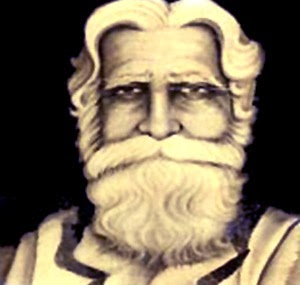In Ayurvedic medicine, surgery is well developed,
scientifically tested, most accurately and proven solution for variety of
surgical illnesses. One of the scholar in Ayurveda, Acharya Susruta who is the
very first surgeon of the recorded history known as ‘The father of ancient
Indian surgery’. He was lived nearly one hundred and fifty years before Hippocrates.
Acharya Susruta examined practical anatomical study by
using dead bodies. The method of study was to immerse the
body in water and allow it to decompose followed by dissect and examine
of the decomposing body at intervals to study structures, layer by layer, as
they got exposed following decomposition. He told “Any one, who wishes to acquire
a thorough knowledge of anatomy, must prepare a dead body and carefully observe
and examine all its parts”.
According to
his examinations, he described different layers of body such as skin, tissues,
muscles, nerves, blood vessels, bones, bone marrows and also very important
special spots in body known as ‘Marma’.
He introduced surgical
instruments into two, yantra (blunt) and shastra (sharp). The yantra were
further divided into one hundred and one instruments and classified into six
types and twenty types of shastra and also defined eight kinds of surgical
techniques known as Shastra karma. He taught the surgical skills to his
students on various experimental modules, for instance, incision on vegetables like
watermelon, gourd, cucumber etc.
His famous
treatise Susruta Samhitha is the oldest text book of surgery. It contains descriptions
about anatomical body, surgical wounds, Para surgical methods, Pre-operative, Operation
proper, Post-operative procedures and surgeries including with surgical methods
and instruments in detail and plastic surgeries also. According to that text,
he used anesthetic and anti-aesthetic drugs for surgeries.

